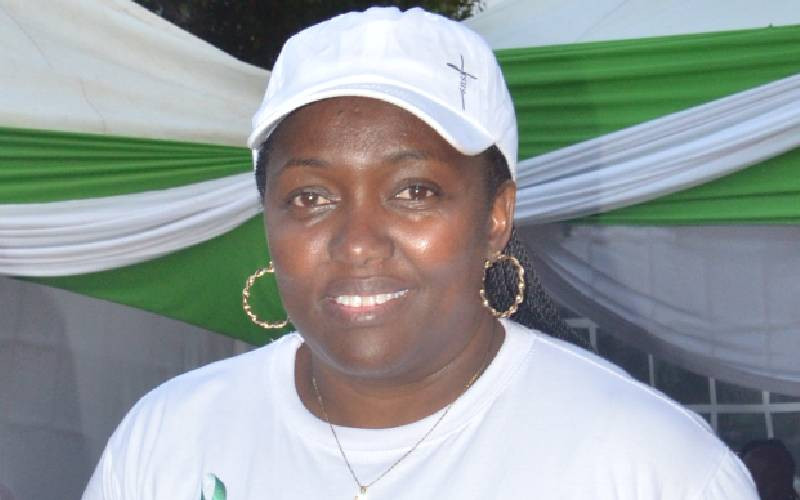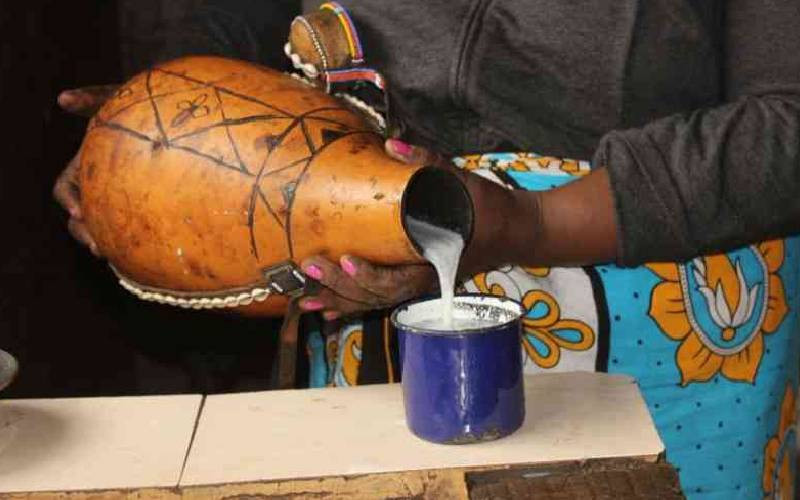
Two pills for emergency contraception and a blister on a yellow background. [iStockphoto]
Three hundred and seventy-one (371) million women from low and lower-middle-income countries across the world are using new contraceptive methods, compared to 284 million a decade ago.
"Today, one in three women of reproductive age in low and lower-middle-income countries are now choosing to use modern contraception. Contraceptive prevalence has steadily increased in these countries, but in 14 countries, the number of contraceptive users has actually doubled. The sharpest growth has been in Sub-Saharan Africa," a measurement report released last week by FP2030 says.
Implants are the most preferred method of contraceptive in about ten countries and the second most common in 14 others across the globe.
"This represents a stark contrast with the method mix a decade ago when implants were not as widely available."
According to FP2030, the use of contraceptives has prevented more than 141 million unintended pregnancies, close to 30 million unsafe abortions, and almost 150,000 maternal deaths.
Kenya is among 19 African countries that have finalized their Family Planning 2030 (FP2030) commitments.
The report by FP2030 (a global partnership of organisations working on family planning) released in Pattaya, Thailand also highlighted the strides countries in Sub-Saharan Africa have made as regards the uptake of contraceptives and spreading awareness of family planning.
- Unpacking male contraception: Why men should embrace family planning
- Eight-year contraceptive to be introduced in Kenya
- Condoms remain most popular contraceptives among unmarried women - report
- Kenya marks World Contraception Day with call for greater investment in family planning
Keep Reading
The commitments include shared priorities such as improving service delivery for the young population, increasing domestic financing, and scaling up postpartum family planning.
"The number of women seeking modern methods of contraception continues to climb. This is a testament to women's desire to control whether and when to have children, and how many children to have," Jason Bremner, Data and Measurement Senior Director at FP2030 said.
A report by Kenya's Ministry of Health in September revealed that at least 53 per cent of women in Kenya have access to family planning services.
According to Acting Director of Medical Services Dr Andrew Mulwa, an estimated 69,000 women in Kenya use daily pills as the preferred family planning method, while the uptake of surgical contraception like vasectomy remains the lowest.
Experts also underscored the need for increased funding, in order to keep up with the growing demand for contraception and making contraceptives accessible to all women.
Failure to support family planning efforts could lead to bigger problems for communities and governments alike, threatening lives.
FP2030 Executive Director Dr Samukeliso Dube avers: "As more and more young people enter their reproductive years, the demand for family planning services will continue to grow. This rising demand must be met by adequate funding and increased supply. The hard-won gains of the last 10 years could slip away if we don't act now.
 The Standard Group Plc is a multi-media organization with investments in media
platforms spanning newspaper print
operations, television, radio broadcasting, digital and online services. The
Standard Group is recognized as a
leading multi-media house in Kenya with a key influence in matters of national
and international interest.
The Standard Group Plc is a multi-media organization with investments in media
platforms spanning newspaper print
operations, television, radio broadcasting, digital and online services. The
Standard Group is recognized as a
leading multi-media house in Kenya with a key influence in matters of national
and international interest.











